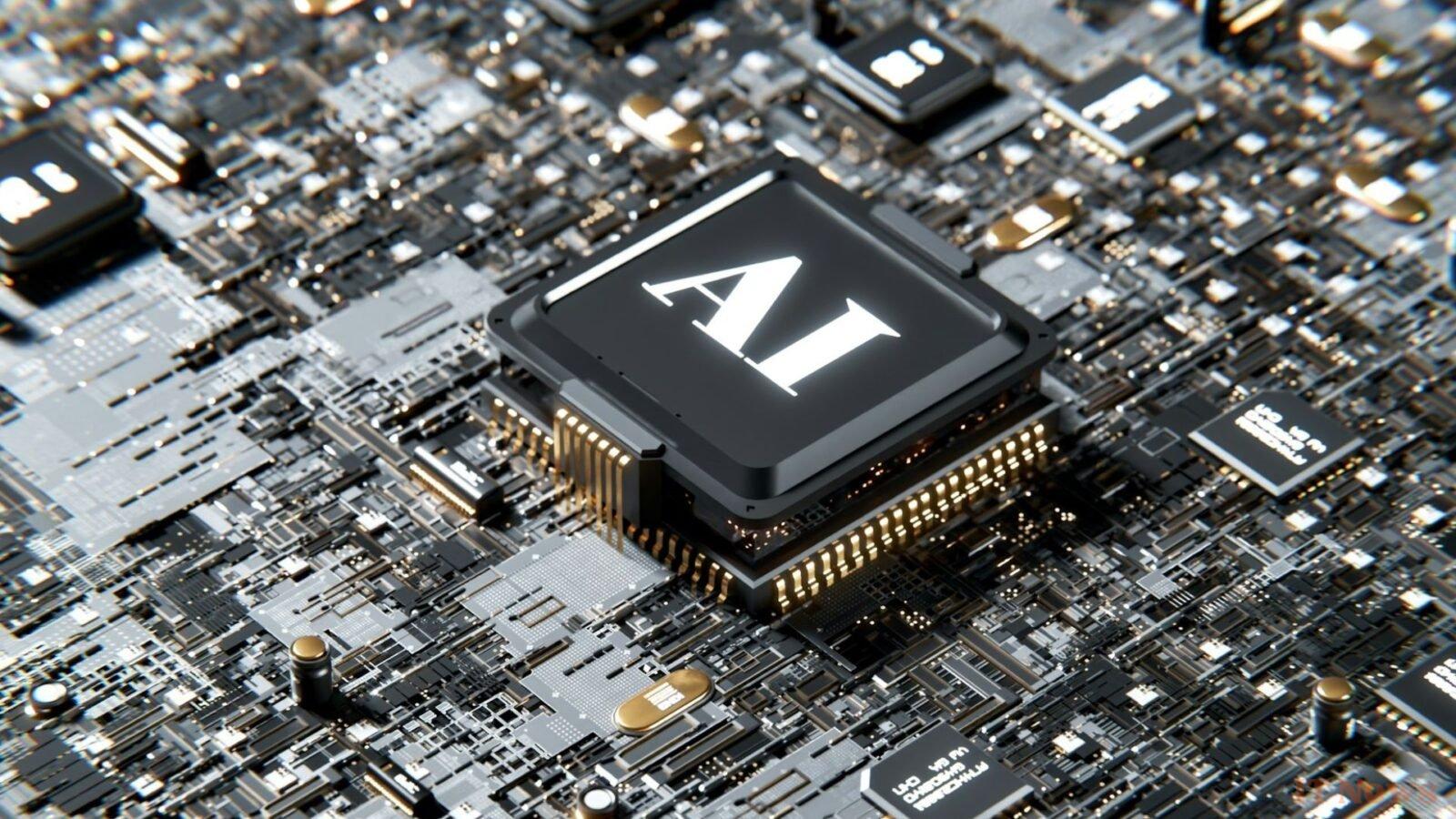In the Sino-American semiconductor war, the United States is still in the lead. Washington has “exaggerated Huawei’s capabilities – we’re not that strong yet,” said Ren Zhengfei, head of telecommunications and semiconductor giant Huawei, in an interview published Tuesday, June 10, by Chinese state media People’s Daily and translated by Global Times. For the founder of the Chinese technology champion, his Ascend chip, which competes with the semiconductors of the American company Nvidia, "is still a generation behind the United States."
But it can still achieve peak performance by using other tactics, he assured, minimizing the American sanctions that have been trying to stifle the Chinese chip sector since October 2022. These statements, reported by the Financial Times this Tuesday, come twenty-four hours after the start of negotiations between the two countries in London, during which the subject of restrictions on American exports was discussed. A few weeks earlier, the head of Nvidia, the current world leader in electronic chips, had attacked these sanctions that limit the sale of its semiconductors in China.
US sanctions have made Huawei "a formidable competitor," according to the head of Nvidia
For Nvidia CEO Jensen Huang, it is precisely the limits imposed by Washington on the sales of the American chipmaker in China that have allowed Huawei to become a "formidable" competitor. Chinese companies, he said, threaten to undermine American dominance in artificial intelligence technology.
Since the beginning of US sanctions and the technological and trade war between the two countries, China has sought to develop its own semiconductor industry. Beijing has invested heavily in certain key companies, while Chinese firms have been encouraged to use local chips – such as Huawei's Ascend chips – and to abandon those from the American Nvidia.
During the last negotiations between the two countries, the subject of export controls was not discussed. But the Chinese response to these limits – restrictions on certain rare earths and essential minerals from China, and used in the US automobile industry – has pushed Washington to bring the subject to the table.
In the AI sector, companies such as DeepSeek, the Chinese rival of OpenAI (ChatGPT), are reportedly continuing to use Nvidia chips to train the large language models that power AI tools, the Financial Times reported on Tuesday. But they would use local chips for all inference (generating responses from commands, prompts).
"By using clustering and stacking, our results (...) are comparable to the best in the world"
The Huawei founder suggested that his company is making up for lost ground thanks to cluster computing, which involves linking multiple chips together to increase the power of AI servers. "By using clustering and stacking, our results (...) are comparable to the best in the world," he insisted. For the latter, Washington's efforts to interrupt the flow of American technologies to the Chinese chip sector have simply not been effective.
According to Ren Zhengfei, China has all the cards in hand to develop its technological capabilities in the AI sector. On the one hand, Huawei invests nearly $25 billion per year in research and development. However, the Chinese champion would be just one of many Chinese chip companies."There are many chip manufacturing companies in China, and many of them are doing well," he said.
On the other hand, the country can rely on "hundreds of millions of young people," its "sufficient electricity, and its developed telecommunications network." However, "AI depends on abundant electricity and advanced network infrastructure," he recalled. These statements were dismissed by US Commerce Secretary Howard Lutnick, who said that China is still not capable of producing significant volumes of advanced semiconductors. For the US politician, export restrictions are indeed limiting the country's progress.



0 Comments